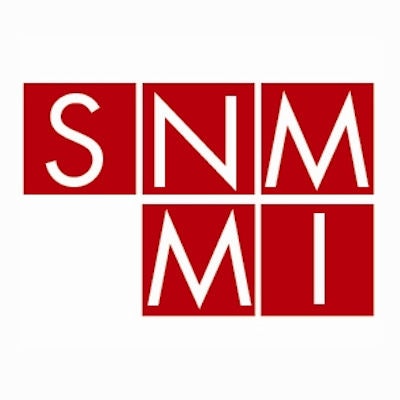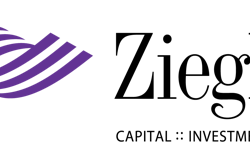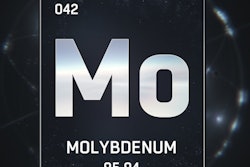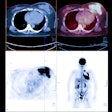
The Society of Nuclear Medicine and Molecular Imaging (SNMMI) has written a letter to the U.S. Food and Drug Administration (FDA) urging it to take steps to ease the shortage of the radioisotope gallium-68 (Ga-68) for use in PET to diagnose neuroendocrine tumors (NETs).
In the letter, the SNMMI noted that the use of Ga-68 has increased in the U.S. since the 2016 approval of Ga-68 DOTATATE (Netspot, Advanced Accelerator Applications [AAA]) for PET scans to localize NETs in adult and pediatric patients. Netspot is the only FDA-approved isotope that uses gallium-68, and under the FDA approval, Netspot must be manufactured using GalliaPharm Ga-68 generators from Eckert & Ziegler.
Demand for Netspot has increased with the approval in January 2018 of Lutathera, a therapeutic radiopharmaceutical also marketed by AAA. Netspot and Lutathera are designed to work together to diagnose and treat neuroendocrine tumors.
Each GalliaPharm generator is approved for 400 elutions (uses), and due to high Netspot demand, Eckert & Ziegler has been unable to keep up with demand for GalliaPharm since 2017. Some academic sites reported that the wait time for a generator was 14 to 18 months.
Commercial radiopharmacies are the largest consumers of GalliaPharm generators, according to the SNMMI, and AAA has found that some pharmacies have self-imposed blackouts of Netspot doses to extend the lifespan of their Ga-68 generators until replacements arrive. One site in Las Vegas has been shut down completely since May 2018.
The SNMMI letter lists 11 other metropolitan areas that have blackout dates on their delivery schedules. In addition, nine other metropolitan areas have insufficient supply, meaning that more than 70% of total capacity is in use. This results in a three-week wait for an appointment for a Netspot exam. Also, another 16 areas have yet to be supplied with doses due to the lack of Ga-68 generators.
The organization believes that the shortage is due to the rapid uptake of Netspot in the U.S., which has outstripped the production capacity of Eckert & Ziegler to make GalliaPharm generators. The company is expanding its capacity, but it may not meet full capacity until mid-2019.
The SNMMI letter urges the FDA to take several steps to alleviate the shortage of GalliaPharm generators until production is expanded:
- Allow an exemption to the 400-elution limit.
- Approve a drug master file from European radioisotope producer IRE Elit for generators that could be used for the same applications as GalliaPharm generators.
- Allow Netspot kits to be produced with cyclotron-generated gallium chloride, which would increase production at mostly academic sites over the next three to six months and alleviate the need for GalliaPharm generators at those locations.
"Netspot has proven to be a very important imaging agent for NET patients in the U.S.," the SNMMI wrote. "The demand has taxed the supply chain as it currently exists."



















